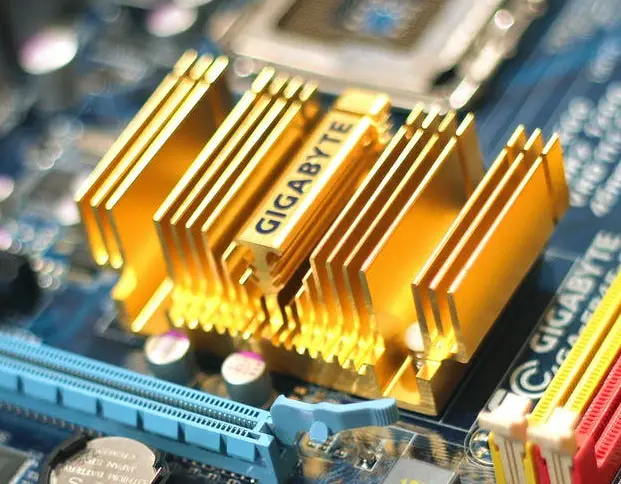On Thursday, Reuters reported that the Netherlands will restrict semiconductor exports to China, after being pressured by the United States government to join it in seeking to limit Beijing’s access to advanced Western technology.
The Dutch government is about to take the first step in enacting new export controls created by the United States under the guise of protecting national security interests, as the Netherlands seeks to gain favor with Washington DC.
Last year, the White House enacted sweeping export restrictions designed to target China’s semiconductor industry. The package of restrictions banned the shipping of various technologies to China without first obtaining an export permit, including chips made with US technologies, and designed for use in artificial intelligence and supercomputers.
The United States also put limitations on the sale of chip manufacturing technologies and equipment to Chinese companies, and limited the ability of US companies to cooperate with Chinese chip manufacturers without being granted special permission.
The restrictions, however, would only be effective if they were also enacted by key chip manufacturers in Japan and the Netherlands.
In a letter to parliament, Dutch Trade Minister Liesje Schreinemacher announced the decision following months of pressure from the United States, noting his nation would implement the restrictions before the summer.
In the letter he said, “Given the technological developments and the geopolitical context, the government has come to the conclusion that the existing export control framework for specific equipment used for the manufacture of semiconductors needs to be expanded, in the interests of national and international security.”
The letter does not specifically single out any nation, or any specific firms. It does specifically mention deep ultra-violet (DUV) lithography systems as being subject to the new restrictions. DUV lithography equipment is produced by the Netherlands-based company AMSL, which is the largest tech company in Europe, and a major producer of semiconductor technologies.
AMSL is the industry leader in the market for lithography equipment. Such equipment is required to produce memory chips for devices as varied as smartphones, laptops, and servers, and perhaps even artificial intelligence applications in the future.
ASML has sold over $8.4 billion in DUV machines to Beijing since 2014.
Reuters has quoted sources which say the other major semiconductor supplier, Japan, should release its updated export policies this week.
When asked about possible restrictions, Yasutoshi Nishimura, Japan’s economy minister, said, “For national security reasons we constantly review export rules, but it doesn’t mean we have decided anything at this point.”
China has repeatedly argued such export controls applied against Beijing, amount to an infringement on free trade rules.

